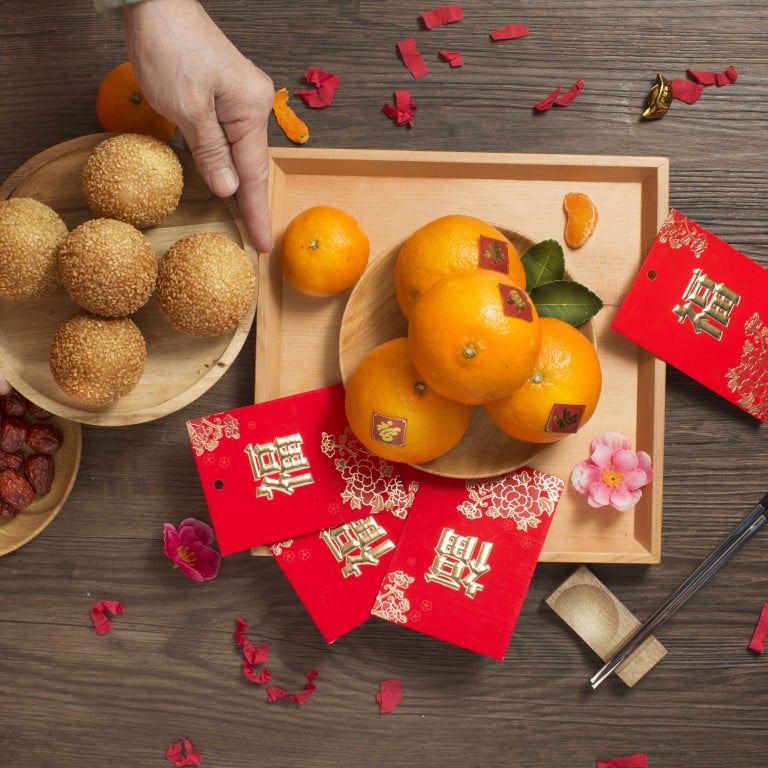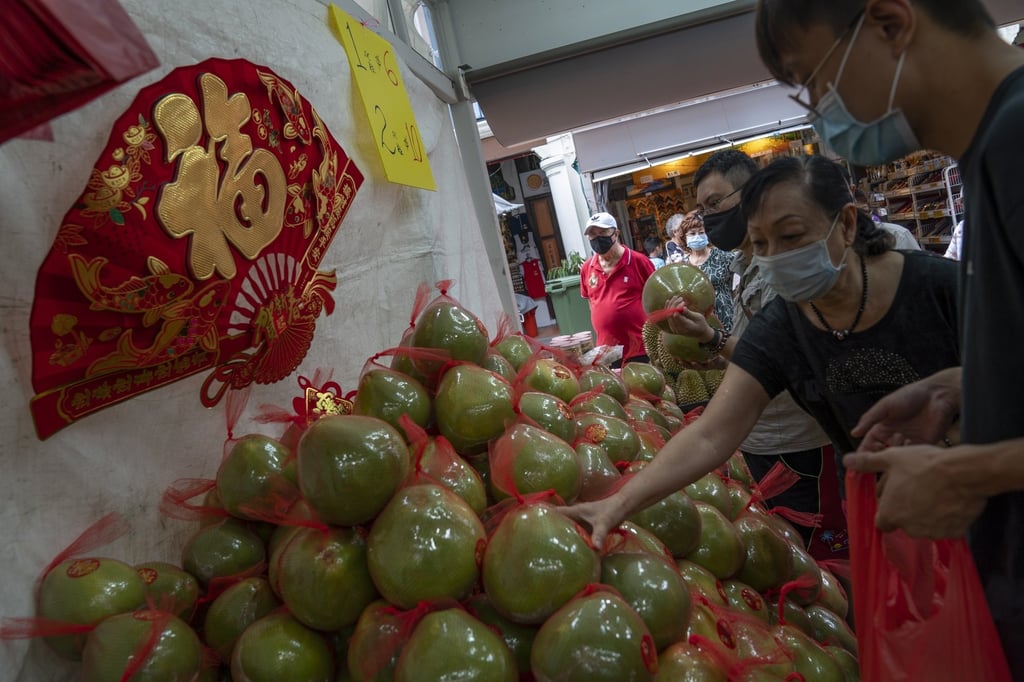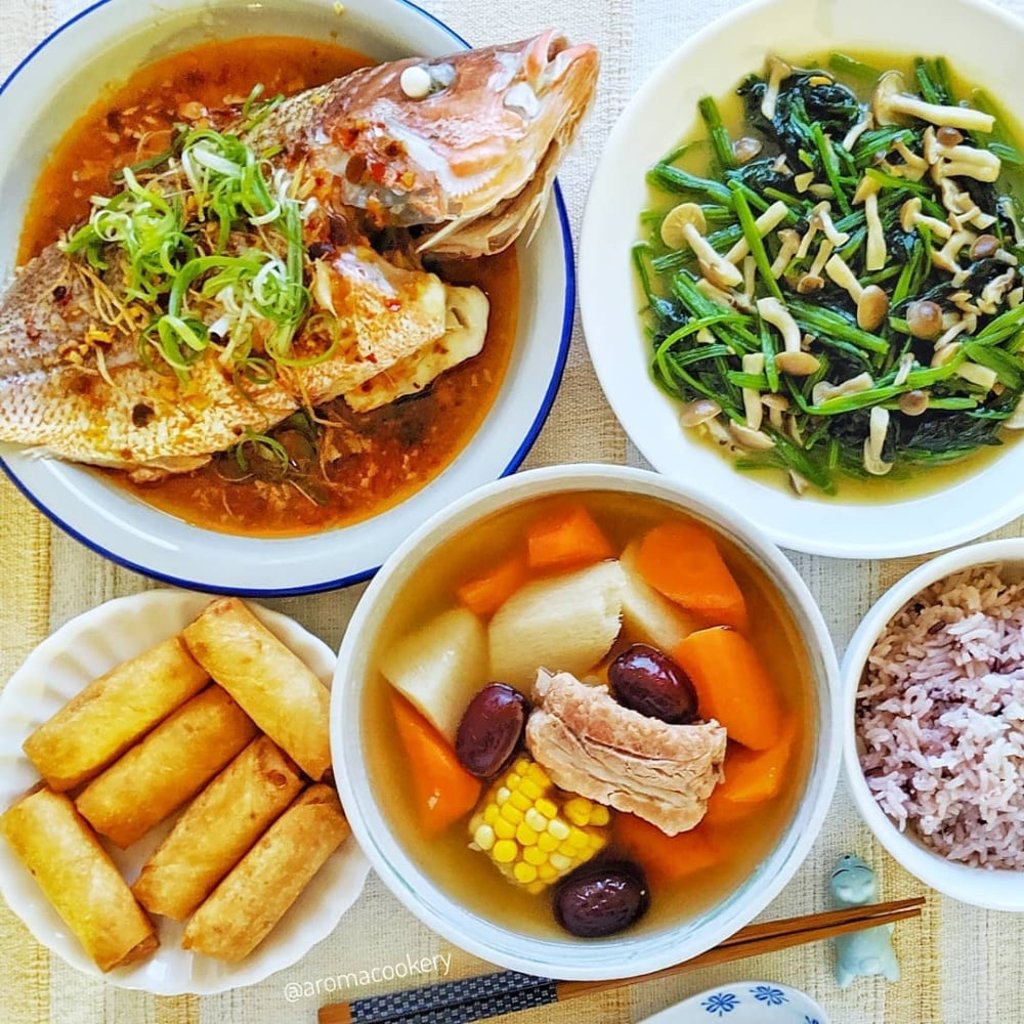6 lucky dishes for Spring Festival reunion dinner this Lunar New Year’s Eve, from Buddha’s delight and longevity noodles to sticky rice cake and spring rolls

- Michelle Tchea, the award-winning author behind Chefs Collective, reveals why certain dishes are said to bring good fortune and prosperity
- Welcome the Year of the Ox with lucky ingredients like bamboo shoots, tangerines, whole fish and hair vegetable
The countdown has begun: it is almost Lunar New Year, which for many means counting down until the reunion dinner on New Year’s Eve.
Some may call it superstition, but for the billions celebrating Lunar New Year, our Spring Festival is a time to gather loved ones and enjoy auspicious foods for a prosperous, happy and safe year ahead.

What makes these dishes auspicious includes the presentation, the pronunciation of the words that make up their names and how the ingredients are symbolically prepared to bring luck into the lives of those who feast on them.
And after the pandemic-ravaged year we have all had, we could definitely use some extra luck, right? So why not eat foods that are thought to bring us longevity, good fortune and prosperity for 2021?
Whole fish

In various Chinese dialects, the word for fish is a homophone for “surplus” or “leftovers”, and so no Lunar New Year feast is without a whole fish. Unlike Western cultures, the fish should always be whole – with its head and tail still intact – symbolising an abundant year ahead. The fish is usually prepared simply steamed and with the head facing the most esteemed elder seated at the table. Be sure to leave some of the fish uneaten (with leftovers enjoyed on New Year’s Day) to ensure extra luck remains with you throughout the year too.